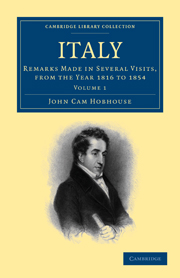Summary
The agency of the barbarians and of the catholic religion is far from being an adequate cause for so little being left of that city, which was called the epitome of the whole world. It is proposed, therefore, to take a cursory view of the general progress of decay arising from other causes of destruction.
A tremendous fire in the year 700 or 703, of the city, had made it necessary to rebuild the greater part of Rome. This was undertaken by Augustus, and the famous eulogium on the grandeur of his restoration shows what materials were a prey to the fire of Nero, from which only four regions escaped untouched, and which was fatal to the most venerable fanes and trophies of the earlier ages. We may conclude from a passage of Tacitus, that so early as the reign of Vitellius a work belonging to the time of the republic was a rare object. The fire and civil war which destroyed the Capitol during that reign, that which raged for three days and nights under Titus, the conflagration in the thirteenth year of Trajan which consumed a part of the Forum and of the golden house of Nero, must have contributed to the obliteration of the ancient city; and if there was scarcely any relic of republican Rome when Tacitus wrote, it may be suspected that the capital even of the first Cæsars had begun to disappear at an earlier period than is usually imagined.
Information
- Type
- Chapter
- Information
- ItalyRemarks Made in Several Visits, from the Year 1816 to 1854, pp. 360 - 383Publisher: Cambridge University PressPrint publication year: 2009First published in: 1859
